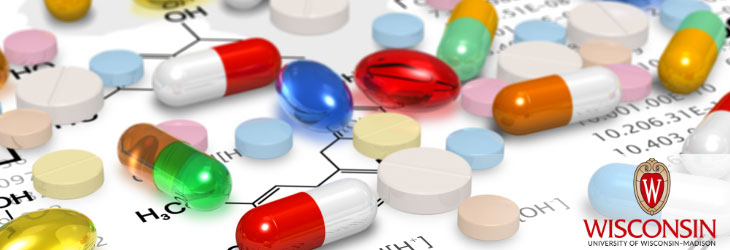Therapeutics & Vaccines

Methods Of Treating Hypogonadotropic Hypogonadism And Cognition Impairment Following A Traumatic Brain Injury
WARF: P210252US02
Inventors: Craig Atwood
The Invention
The UW/VA inventor showed that hCG raises circulating sex hormone levels in a mouse model for TBI as compared to sham treated mice. The data indicated that 1) craniectomy is sufficient to induce persistent hypogonadism and hypoadrenalism, 2) hCG can reverse hypogonadism induced by a craniectomy and controlled cortical impact (CCI) injury, suggesting that 3) craniectomy and CCI injury induce a persistent hypogonadism by decreasing hypothalamic and/or pituitary function rather than testicular function in male rats. This may be reversed through pulsed dosing of hCG immediately after injury.
He further tested the cognitive ability of the mice who underwent procedures to mimic TBI with and without the hCG treatment. He showed that the mice who received the hCG scored higher in the cognitive tests than the TBI mice who did not receive hCG. The treated animals did not recover their cognitive ability fully (he compared them to uninjured mice). While cognitive ability remained impaired as compared to mice who did not receive the brain injury, the improvement over injured mice who received no treatment was striking.
Additional Information
For More Information About the Inventors
Tech Fields
For current licensing status, please contact Rafael Diaz at [javascript protected email address] or 608-960-9847